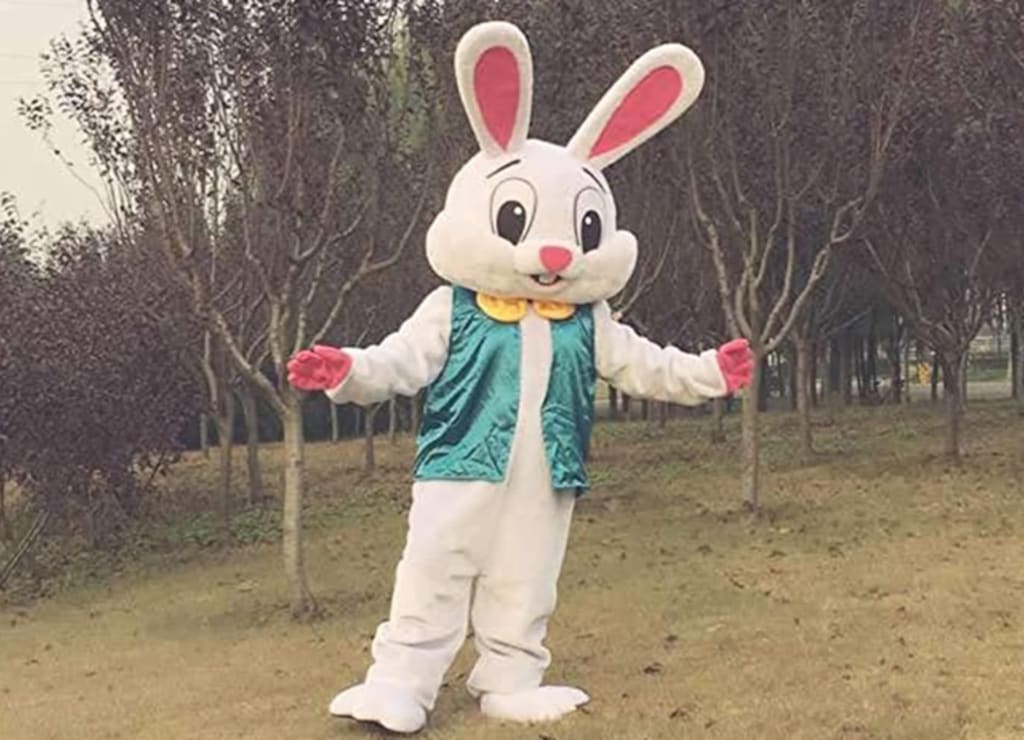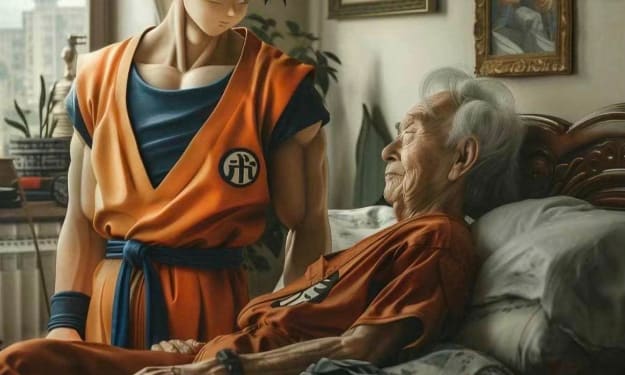Cultural Significance of Mascot Costumes
The Cultural Significance of Mascot Costumes Around the World

Mascot costumes have transcended mere entertainment to become powerful symbols of culture, tradition, and identity around the world.
From ancient rituals to modern-day celebrations, these iconic characters play a significant role in various cultures, serving as ambassadors of community spirit, national pride, and cultural heritage.
These days we can see from Cheap mascot costumes to amazingly crafted mascots that are sold for Thousands of dollars.
So, Let's delve into the rich tapestry of cultural significance woven by mascot costumes across different regions and societies.
1. Festivals and Celebrations
In many cultures, festivals, and celebrations are incomplete without the presence of colorful and vibrant mascot costumes.
From the lion dances of Chinese New Year to the elaborate costumes of Carnival in Brazil, mascots play a central role in bringing communities together, spreading joy, and celebrating cultural traditions in grand fashion.
2. Sporting Events
Sporting events serve as a global stage for mascot costumes to shine, representing not only the teams and athletes but also the spirit and pride of nations.
From the Olympic Games to the FIFA World Cup, mascots embody the essence of the host country's culture, heritage, and values, serving as beloved symbols of unity and camaraderie among fans and athletes alike.
3. Parades and Processions
Parades and processions offer an opportunity for mascot costumes to take center stage, captivating audiences with their elaborate designs and spirited performances.
From the Macy's Thanksgiving Day Parade in New York City to the Samba Parades of Rio de Janeiro, mascots bring joy, excitement, and spectacle to these festive occasions, symbolizing the vibrancy and diversity of cultures around the world.
4. Cultural Preservation
In indigenous cultures and tribal communities, mascot costumes serve as important tools for preserving and passing down cultural traditions from one generation to the next.
Through traditional dances, rituals, and ceremonies, mascots play a vital role in keeping ancient customs alive, ensuring that cultural heritage continues to thrive in an ever-changing world.
5. Educational Outreach
Mascot costumes are also used as educational tools to teach children about cultural diversity, tolerance, and respect for different traditions and customs.
Whether through museum exhibits, school programs, or community events, mascots help promote cross-cultural understanding and appreciation, fostering a sense of unity and mutual respect among people of all ages and backgrounds.
6. Symbolism and Representation
In some cultures, mascot costumes serve as symbolic representations of specific values, beliefs, or historical figures. For example, the bald eagle mascot of the United States symbolizes freedom and patriotism, while the panda mascot of China represents peace and friendship.
These iconic mascots embody the ideals and aspirations of their respective societies, serving as powerful symbols of national identity and pride.
7. Community Unity and Pride
Above all, mascot costumes serve as symbols of community unity and pride, bringing people together and fostering a sense of belonging and togetherness.
Whether cheering on their favorite sports team or participating in cultural celebrations, people from all walks of life come together under the banner of their beloved mascot, celebrating shared values, traditions, and experiences.
8. Spiritual and Ritualistic Significance
In certain cultures, mascot costumes hold deep spiritual and ritualistic significance, playing a central role in religious ceremonies, fertility rites, and seasonal celebrations.
These sacred mascots are believed to possess divine powers and serve as intermediaries between humans and the spirit world, invoking blessings, protection, and prosperity upon the community.
9. Cultural Exchange and Diplomacy
Mascot costumes also serve as ambassadors of cultural exchange and diplomacy, fostering goodwill and understanding between nations through shared experiences and mutual appreciation of each other's traditions.
From international festivals to diplomatic events, mascots transcend language barriers and political differences, promoting dialogue, cooperation, and friendship on a global scale.
10. Economic Impact and Tourism
In many regions, mascot costumes contribute to the local economy and tourism industry by attracting visitors and generating revenue through festivals, parades, and cultural events.
These iconic characters serve as magnets for tourists, drawing crowds from near and far to experience the unique sights, sounds, and traditions associated with mascot culture.
Additionally, the sale of mascot-themed merchandise and souvenirs provides an economic boost to local businesses and artisans, further supporting the community's livelihood and cultural heritage.
In conclusion, the cultural significance of mascot costumes around the world is profound and far-reaching, touching every aspect of society from festivals and celebrations to sports events and educational outreach.
These iconic characters serve as powerful symbols of cultural identity, heritage, and pride, bridging gaps, fostering understanding, and uniting people of all backgrounds in a shared celebration of humanity's rich tapestry of diversity and tradition.
About the Creator
Ryn Hussain
Welcome to How2guide, your go-to destination for all things tech! Visit Costume PlayHub for Cosplay Enthusiasts.






Comments
There are no comments for this story
Be the first to respond and start the conversation.